1,000-Calorie Diet: Try or Avoid?
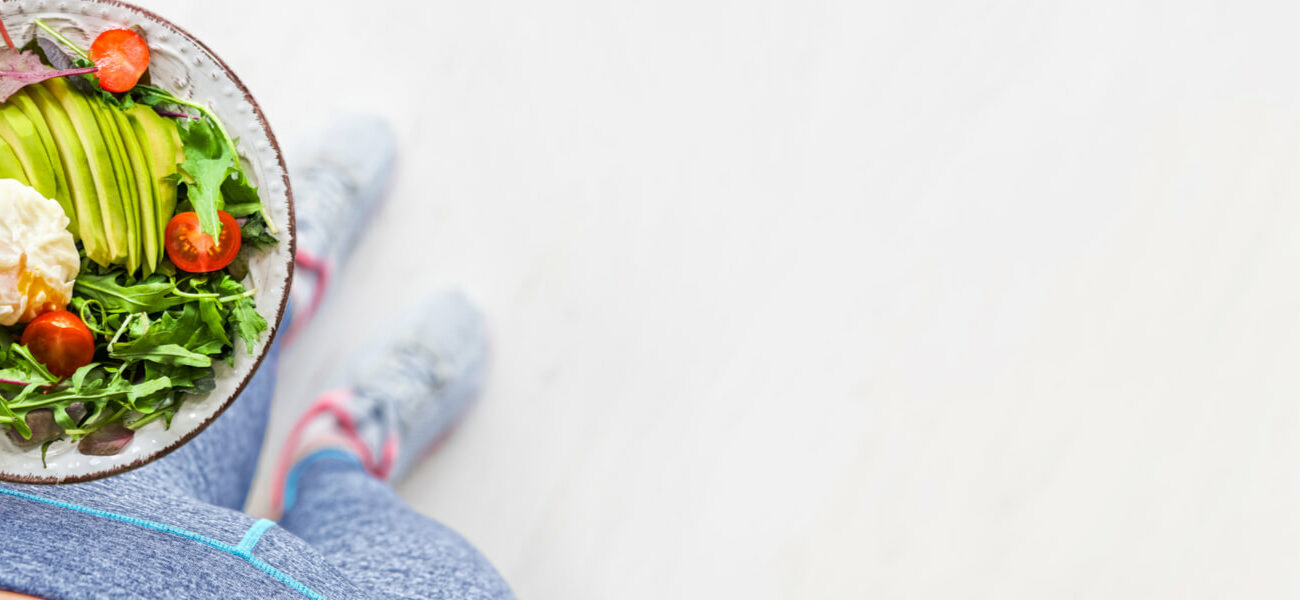
If you’re looking for a short-term solution to shed a few pounds, a 1,000-calorie diet plan can be an effective way to lose weight quickly.
For diet newcomers, to lose weight calls for a calorie deficit. This means burning more calories than you take in, forcing the body to break down fat for fuel.
Low-calorie diets necessitate that you cut down your daily calorie intake.
The average calorie recommendation for most healthy adults is 2,500 for men and 2,000 for women. A 1,000-calorie diet is a significant drop, slashing the calories you usually eat in two.
Therefore, you should be mindful about trying a very low-calorie diet.
Here we delve deeper into the 1,000-calorie diet, reviewing its effectiveness for weight loss, what to eat, and how to sustain it.
1,000-Calorie Diet
The 1,000-calorie diet is a calorie-controlled meal plan, requiring that you only consume 1,000 calories in a day.
It’s a restrictive diet that many people use for rapid weight loss.
Keeping up with the diet requires careful meal planning and calorie counting.
It’s no secret that regular exercise and eating a balanced diet are the key factors for weight loss. When you focus on healthy eating and moving your body as much as possible, you create a healthy and sustainable routine.
Gradual weight loss is the safest and most sustainable way to keep weight off and avoid weight gain.
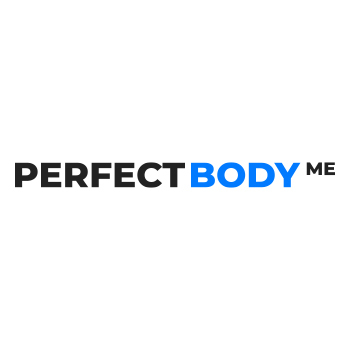
Advertisement
Easy to follow online weight loss plan
- Swappable ingredients in the recipes
- Includes more than 1,000 recipes
- Meals with quick preparation times
- Water intake & workout trackers
- Easy-to-find ingredients
- Adjustable plans based on your progress
- Daily caloric intake tracker
Are 1,000 Calories Enough?
As mentioned above, the calorie count is well under the average recommendations for a healthy diet. It cuts your usual calorie intake in half and even more than half for those who consume up to 2,500 calories.
Dietitians and health care experts do not usually commend the 1,000-calorie approach, as losing weight too quickly is unhealthy.
For this purpose, it should only serve as a temporary method. Drastically limiting what you eat for more than a week can deny your body the vitamins and minerals it needs to function.
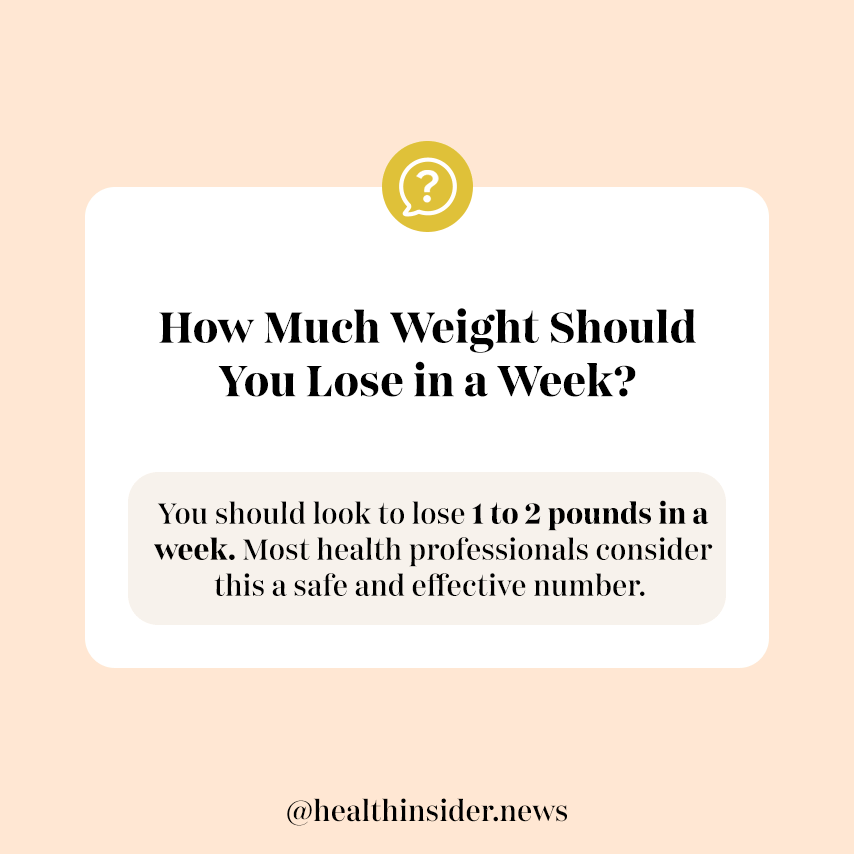
However, doctors may suggest very-low-calorie diets for some patients with endangered health in some cases. According to the NHS, a very low-calorie diet is a clinically supervised meal plan for obesity and severe obesity.
It may also be an option for people undergoing surgery, fertility treatment, or controlling certain conditions such as diabetes.
Many people should not use an extremely low-calorie diet without medical supervision.
Generally, 1,000 calories are not enough for most people. Several risks are associated with the restricted diet, like nutritional deficiency from lacking essential nutrients, slower metabolic rate, and exhausted energy levels.
Dietary deficiencies can have several adverse effects, including slower heart rate, hair loss, and weaker nails. It can also be detrimental to your immune system.
As many still opt to try it out, you must use it only temporarily and ensure good nutrition during the period.
How Much Weight Can I Lose by Eating 1,000 Calories a Day?
You can expect weight loss relatively quickly by consuming only 1,000 calories a day.
Weight is all about balance. Ultimately, if you consume more calories than you burn, you will gain weight. If you consume fewer calories and burn calories, you’re going to lose weight.

That is the basics of a calorie deficit. There are only two ways to adjust it, and that is through balanced eating and physical activity.
Let’s look at the math. One pound of fat is equivalent to 3,500 calories. To burn 3,500 calories over a week, you need to burn 500 calories more than you take in daily.
You can shed 1–2 pounds per week with that equation in mind.
As the 1,000-calorie diet is far lower than the average daily calories, you may lose more weight. But it’s vital to remember that losing pounds quickly is usually the result of muscle loss, water loss, and fat.
You can use a calorie calculator to evaluate the number of daily calories your body needs to sustain your current weight.
1,000-Calorie Diet Plan
You need to maintain certain vital nutrients to get the most out of a 1,000-calorie diet plan.
Food might not be enough to restore everything your body needs with severely fewer calories. Mineral supplements can help ensure your diet is nutritionally complete.
Planning is everything when it comes to a 1,000-calorie approach. You need to create a meal plan that combines the correct number of calories with the most nutrition-rich foods.
The diet plan should include optimal protein, fiber, and minerals.
Low-calorie food can leave you feeling hungry and unsatisfied throughout the day, leading to cravings and overeating.
Choose options that will help you feel fuller for longer, despite their low-calorie count.
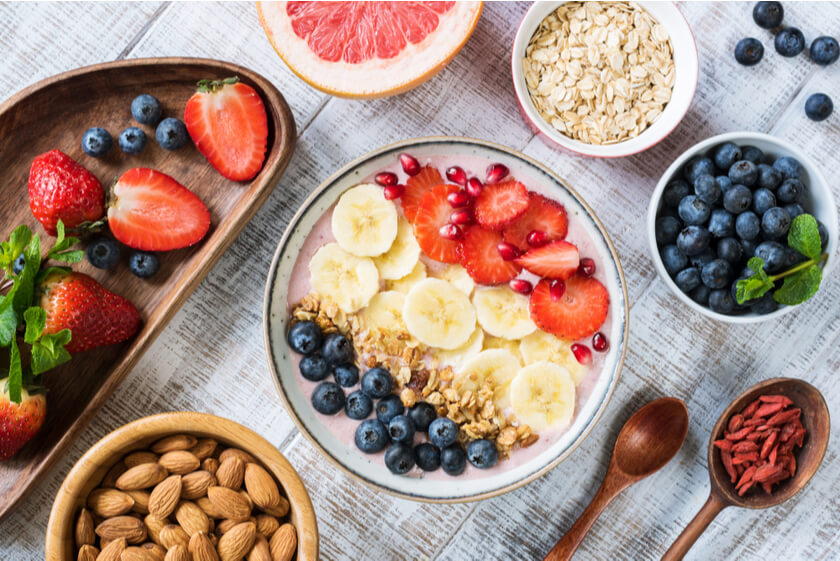
Great choices include:
- Oats
- Eggs
- Berries
- Chia seeds
- Fish
- Lean meat and poultry like chicken breast
- Legumes
- Fruit and vegetables
Pick low-fat products over whole fats, such as low-fat yogurt and milk. And naturally low-fat foods, like leafy greens, cruciferous vegetables, and grains.
The foods you eliminate from your diet are just as important. Keep away from fats and oils such as butter, cream cheese, and animal fat oil.
Other high-calorie sources that can cause weight gain and you should therefore avoid include sweets, chocolate, sugary drinks, pastries, dried fruit, and fast food.
Remember that what you drink affects your total calories. But there are lots of ways to change up what you drink.
Opt for water, black tea, and black coffee over milky and sugary caffeinated drinks. Swap flavored drinks for sparkling water with fresh lemon juice.
Cutting out alcohol is almost essential on a low-calorie diet, as alcoholic beverages typically contain lots of calories.
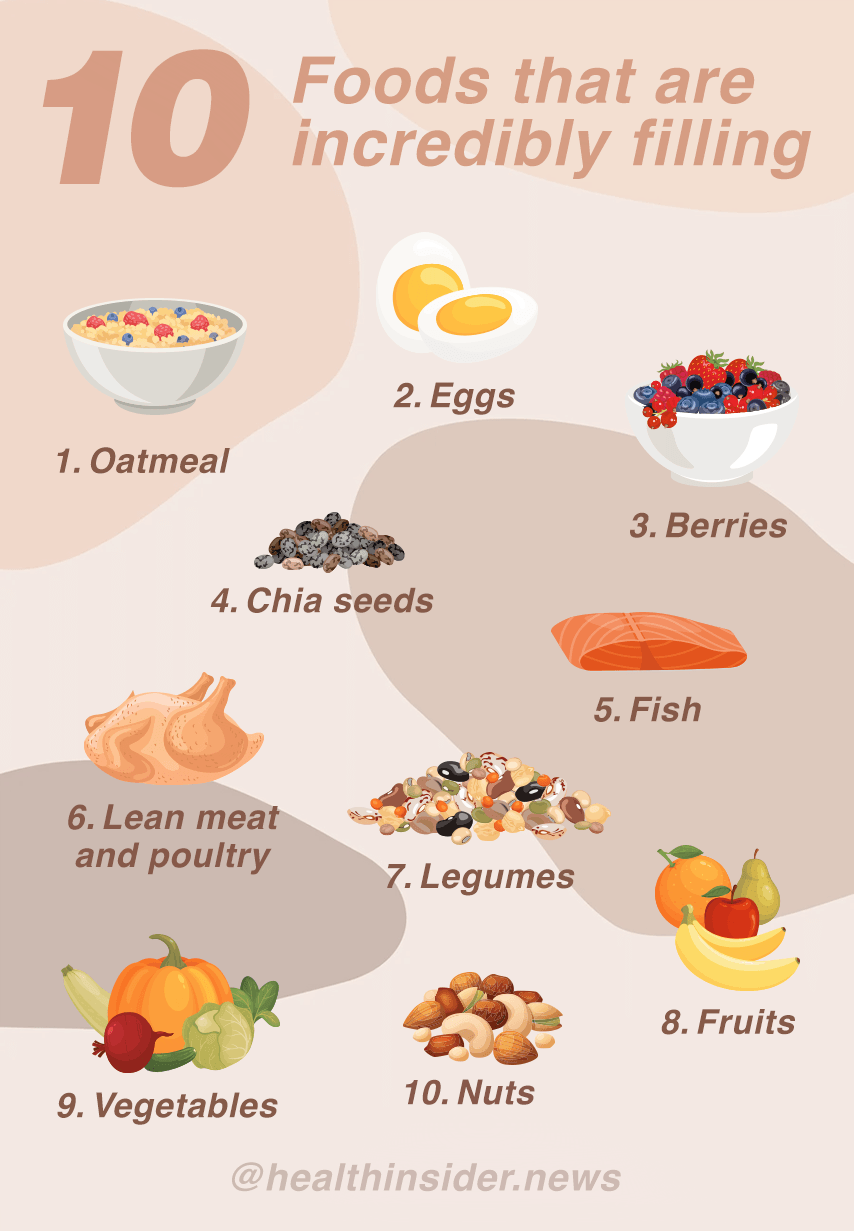
How to Maintain a 1,000-Calorie Diet
Maintaining a 1,000- calorie diet is a challenge for anybody. Therefore, it works best as a short-term plan to lose a few pounds and not as a long-term lifestyle change.
Here are 4 tips to help you manage a 1,000-calorie diet effectively.
#1 Drink Lots of Water
Drinking enough water is essential for maintaining hydration and an electrolyte balance. It nourishes your skin, hair and supports good muscle function.
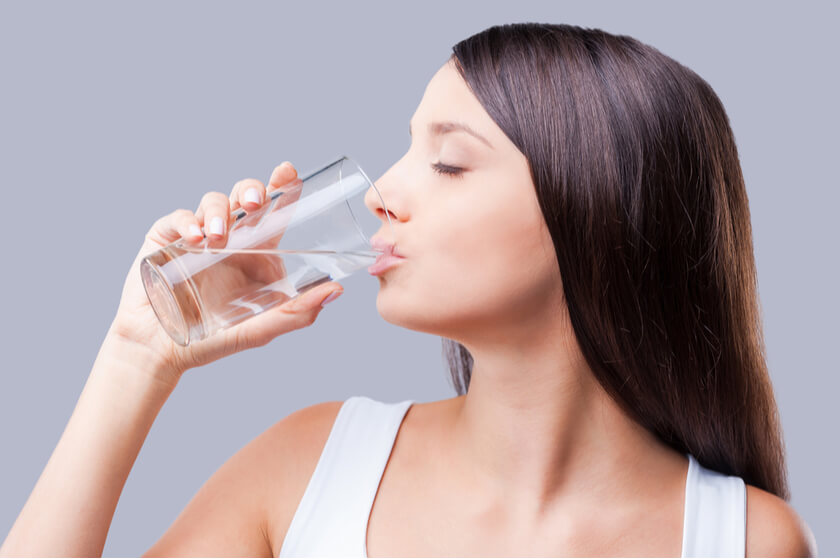
If losing weight is your goal, drinking water has several properties that encourage weight loss.
It helps to suppress appetite as it makes you feel fuller. You can benefit from drinking a glass of water before meals to trick your body into thinking it is already full, as water takes up space.
It’s possible that when you feel hungry, you’re just thirsty. Try drinking water before reaching for extra snacks.
As it’s free from calories, you can drink water as much as you want without worrying about weight gain.
#2 Avoid Carbohydrates
Carbs are often the first to cut out with a new diet plan for weight loss.
Popular diets such as the ketogenic diet and LCHF diet slash carb consumption to trigger the body to burn fat.
With the 1,000-calorie diet, what you put into your body is very strict. You must choose foods wisely.
Many carbohydrates come from high-calorie and high-sugar foods. If you want to include carbs as part of your meal plan, you should opt for nutrition-rich foods like whole grains such as whole-wheat bread and certain fruits and vegetables.
#3 Don’t Forget to Exercise
Physical activity is a prime factor of any healthy meal plan. And if the end goal is to lose weight, exercise is even more vital.
Exercising helps you burn calories, and burning more calories than you consume creates a calorie deficit.
However, on the 1,000-calorie diet, you may need to stick to light exercises. Most advise against vigorous exercise during an excessive dieting period.
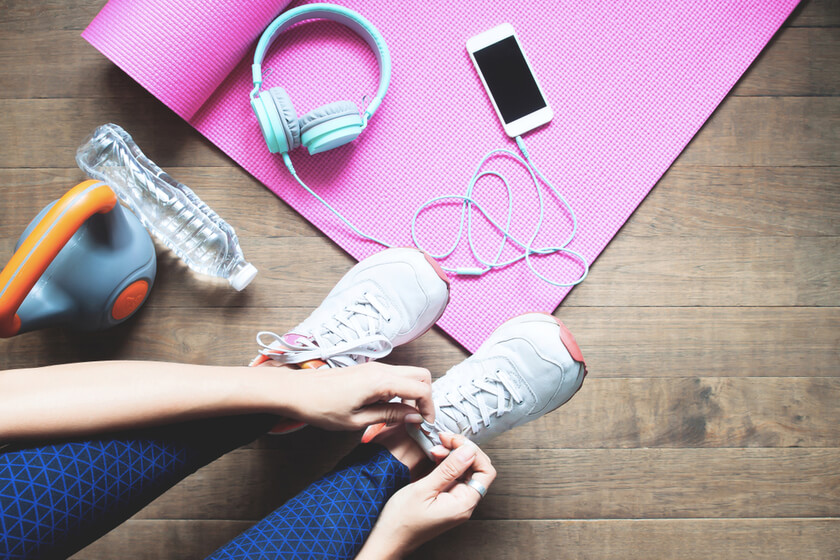
Energy levels are likely to drop when you’re not eating enough calories. Your body is already trying to function on significantly fewer calories than normal. Adding intense activity to the mix will exhaust your body.
When you don’t have sufficient energy, the ability to endure training is not there.
But that doesn’t mean you shouldn’t move your body. Milder exercise like walking can support calorie burning without overexerting yourself.
Walking keeps your muscle mass strong, mitigates the risk for certain diseases, and boosts your mental well-being.
Some training plans solely focus on walking. Walking.Diet is a subscription-based walking program suitable for anybody regardless of age, weight, or current health.
It’s a great choice if you’re following a low-calorie diet, as regular walking can keep you motivated, on track with weight loss and ensure you don’t miss out on the benefits of light exercise.
#4 Try an App
As well as training programs to support your 1,000-calorie diet, some apps can help you during the dieting period.
Perfect Body is a diet app designed to optimize and support weight loss journeys. It is entirely customizable to match your health needs.
You can develop a personalized meal plan with over 1,000 recipes to choose from. Swap ingredients, adjust the program as you progress, and easily record your calories with the caloric intake tracker.
On a 1,000-calorie diet, you must count calories. Otherwise, you won’t know what you’ve eaten and what you haven’t.
It’s challenging, especially for new dieters who have never made the calculations before.
But with technology-driven diet apps, the adjustment and the experience are easier to manage.
A Word From our RD
A 1,000-calorie diet is a deficient-calorie meal plan.
It is usually followed by those who want to lose weight and those following the clinical supervision of healthcare professionals for various health reasons.
As the calories you eat are reduced, it does encourage weight loss, although the method is considered relatively extreme.
A typical meal plan includes mineral-rich food sources, protein, and fiber. Most cut out foods high in sugar and unhealthy fats.
It’s vital to eat as healthily as possible to maintain nutrition, as your system is forced to operate on a calorie count well below the daily recommended allowance.
As with any restrictive eating or change to eating habits, it’s best to consult your doctor.
Conclusion
It’s normal to want to shed pounds as quickly as possible. Unfortunately, when you lose weight too fast, it can negatively affect your overall health.
The 1,000-calorie diet is a meal plan that encourages fast weight loss, but it is not a sustainable way to live. While it might be an effective health solution to medical concerns, it certainly isn’t an ideal diet model for most.
If you want to restrict yourself of how many calories you eat, you should seek professional medical advice before doing so.
P.S. Not sure how to calculate calories? Check out this video:

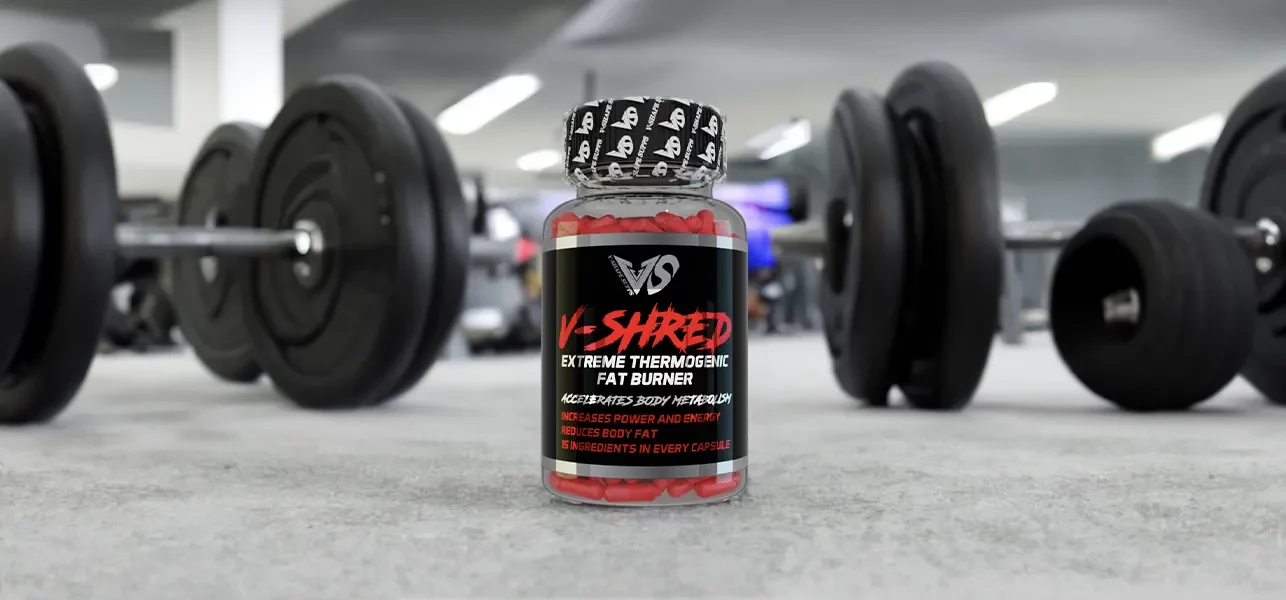
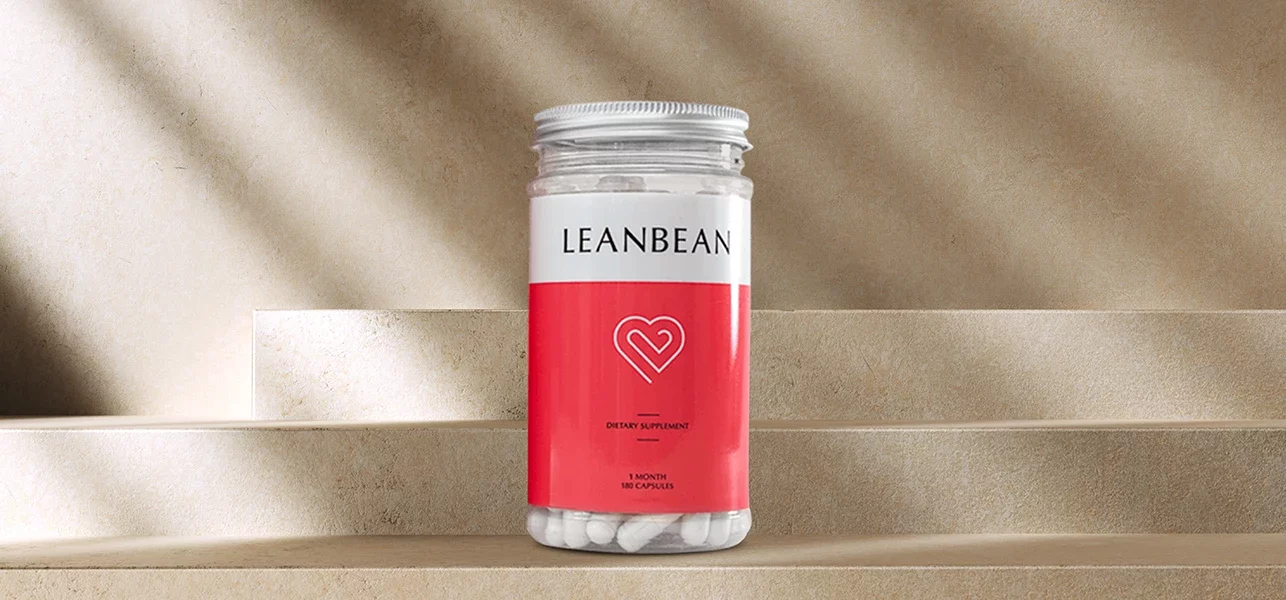
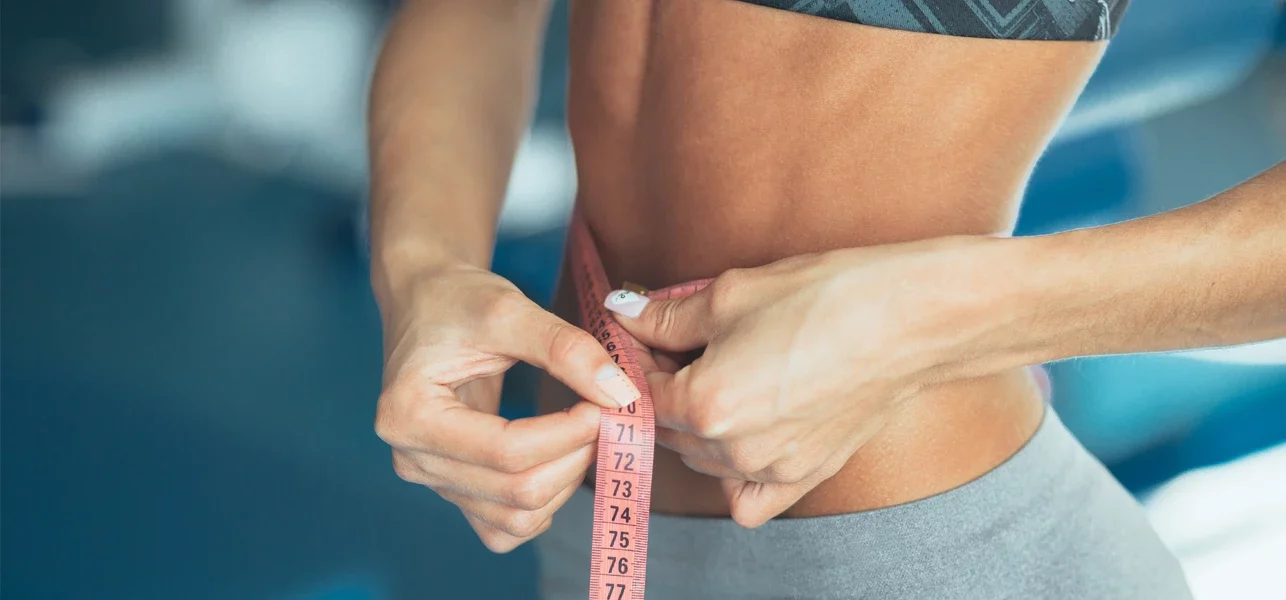

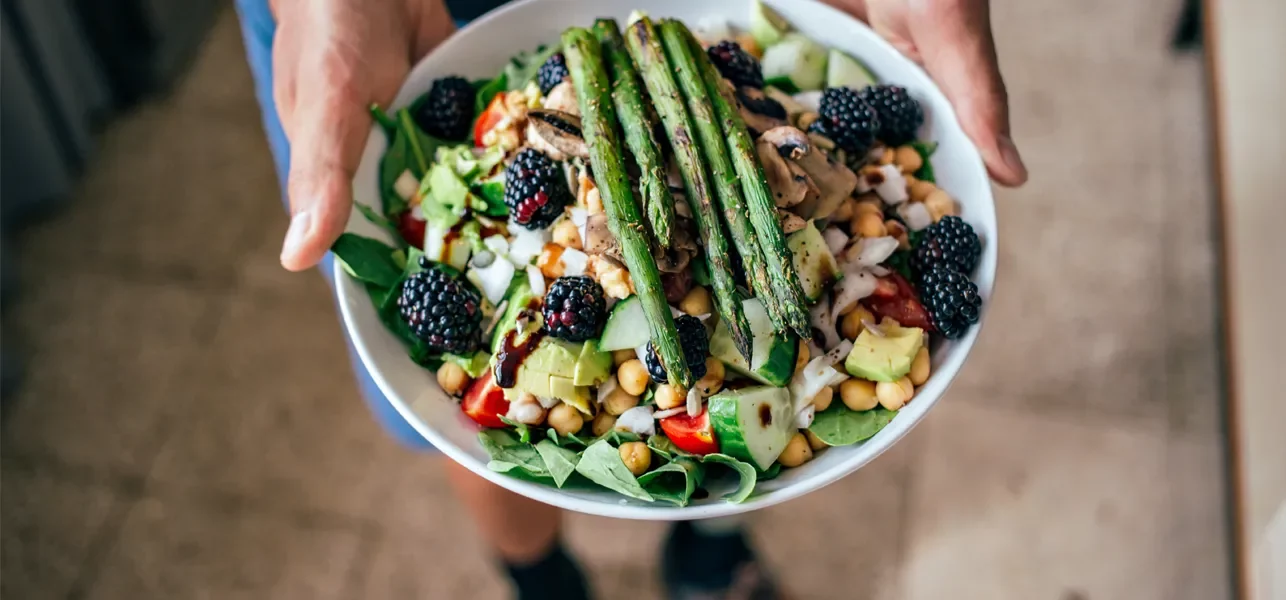
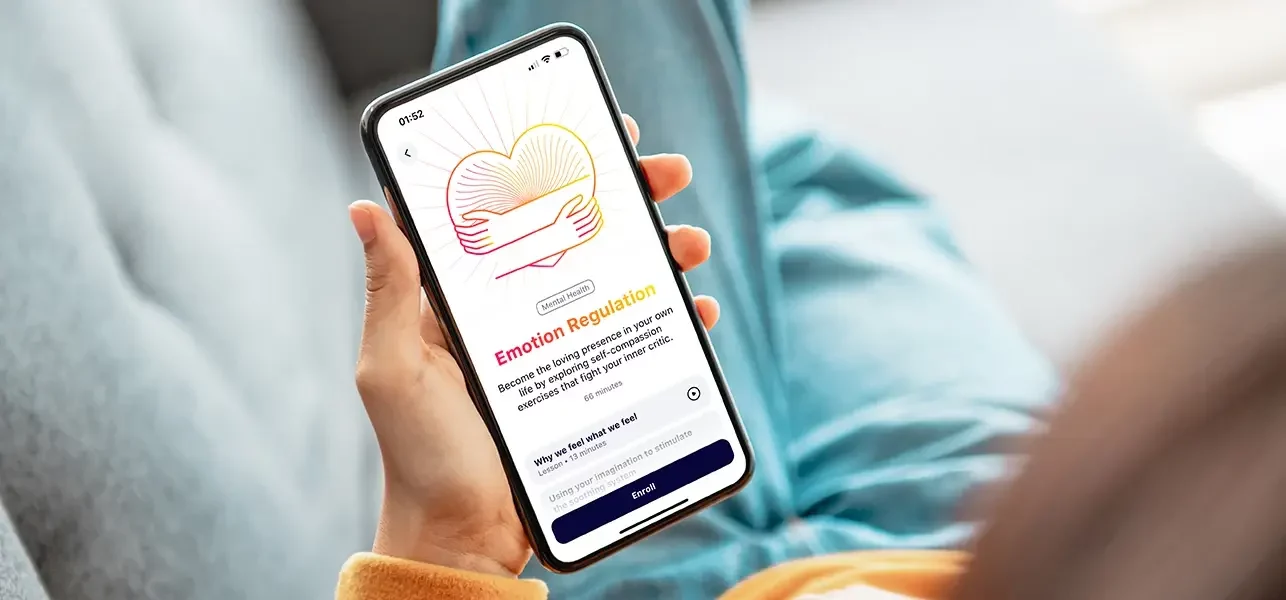
Comments (0)